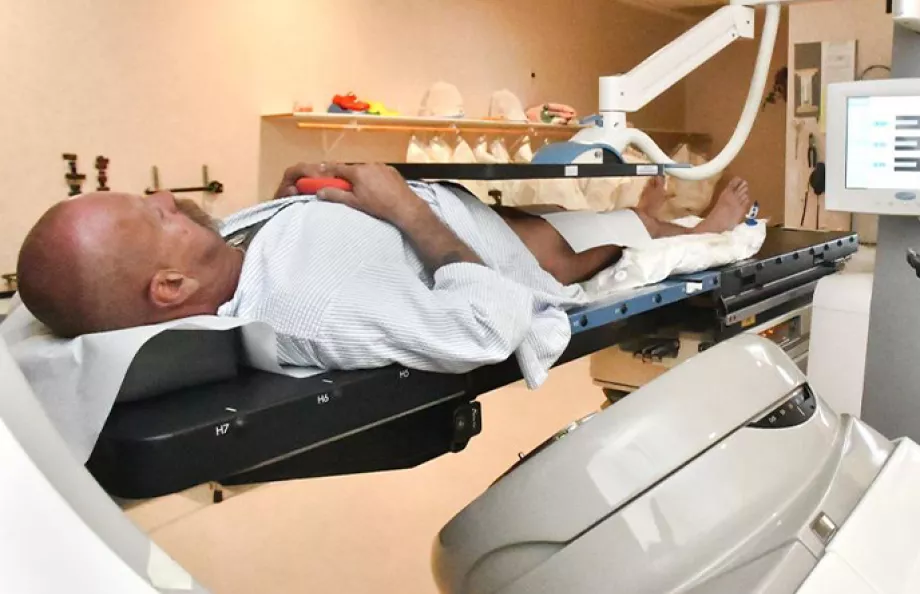In this video, Aproko Doctor sits us down, man to man, to talk about something we don’t talk about enough: Prostate cancer. Every year in Nigeria, men are diagnosed, but most don’t catch it early enough to fight it. That’s why this video breaks down what the prostate is, what can go wrong, and most importantly, how regular screening could save your life. From PSA tests to Digital Rectal Exams, this is everything you (and the men you love) need to know about preventing prostate cancer before it’s too late. Because strength isn’t just in the gym, it’s in staying alive.
Prostate cancer remains one of the most common types of cancer among men worldwide, with over 1.4 million new cases diagnosed annually. While it predominantly affects men over 50, research shows that prevention strategies adopted earlier in life can significantly reduce risk. Understanding the key lifestyle habits, risk factors, and early detection methods can make all the difference in maintaining long-term prostate health.
Genetics and age play a role in determining risk levels, but lifestyle choices have proven to be powerful tools in reducing the chances of developing prostate cancer. The latest findings from institutions like the American Cancer Society and the World Health Organization emphasize that what men eat, how often they move, and how they manage stress all contribute to their prostate health over time.

One of the most effective preventive measures lies in dietary improvements. A growing number of studies suggest that plant-based, antioxidant-rich foods can play a protective role against prostate cancer. Men who consume diets high in red meat, processed foods, and dairy may have an increased risk, while those who include more tomatoes (rich in lycopene), cruciferous vegetables (like broccoli and cauliflower), nuts, and fatty fish (high in omega-3s) benefit from reduced inflammation and improved cellular repair.
Related article - Uphorial Sweatshirt
Recent studies show that consuming tomatoes at least twice a week is associated with a 20% lower risk of prostate cancer. Similarly, men who adopt the Mediterranean or DASH (Dietary Approaches to Stop Hypertension) diet have demonstrated lower incidence rates. These diets emphasize fruits, vegetables, whole grains, lean proteins, and healthy fats, which collectively reduce the systemic inflammation associated with cancer growth.

Aproko Doctor TV
Physical activity is another critical piece of the prevention puzzle. Regular exercise—particularly cardiovascular activities like brisk walking, cycling, or swimming—has been linked to better hormone regulation and immune system function. A Harvard study revealed that men who exercised vigorously for at least three hours a week had a 61% lower risk of dying from prostate cancer than those who exercised less frequently.
Another essential aspect of prevention is routine screening and early detection. While not every man needs to begin prostate-specific antigen (PSA) testing at the same age, men with a family history of prostate cancer, especially those of African descent, should begin discussions with their healthcare providers as early as age 40. Early detection drastically improves treatment outcomes, with localized prostate cancer having nearly a 100% five-year survival rate when caught early.
Hormone balance also plays a significant role. Obesity and chronic stress can trigger hormonal imbalances that contribute to cancer cell proliferation. Men are advised to maintain a healthy weight and manage stress through methods like yoga, meditation, or therapy. Sleep quality, often overlooked, is equally vital—poor sleep patterns have been linked to increased inflammation and hormone disruption.
Supplements such as vitamin D, selenium, and zinc are often marketed for prostate health, but it’s crucial to consult a healthcare provider before adding them to your routine. Over-supplementation can do more harm than good, and the evidence for these products is still evolving.
Ultimately, prostate cancer prevention is not about a single lifestyle change, but a holistic approach to health. By eating a balanced diet, exercising regularly, reducing alcohol intake, avoiding tobacco, managing weight and stress, and getting screened as advised, men can significantly reduce their lifetime risk.
In a world where cancer statistics can be intimidating, empowering men with actionable, science-backed information is key. Early action isn’t just about preventing disease—it’s about preserving quality of life.



